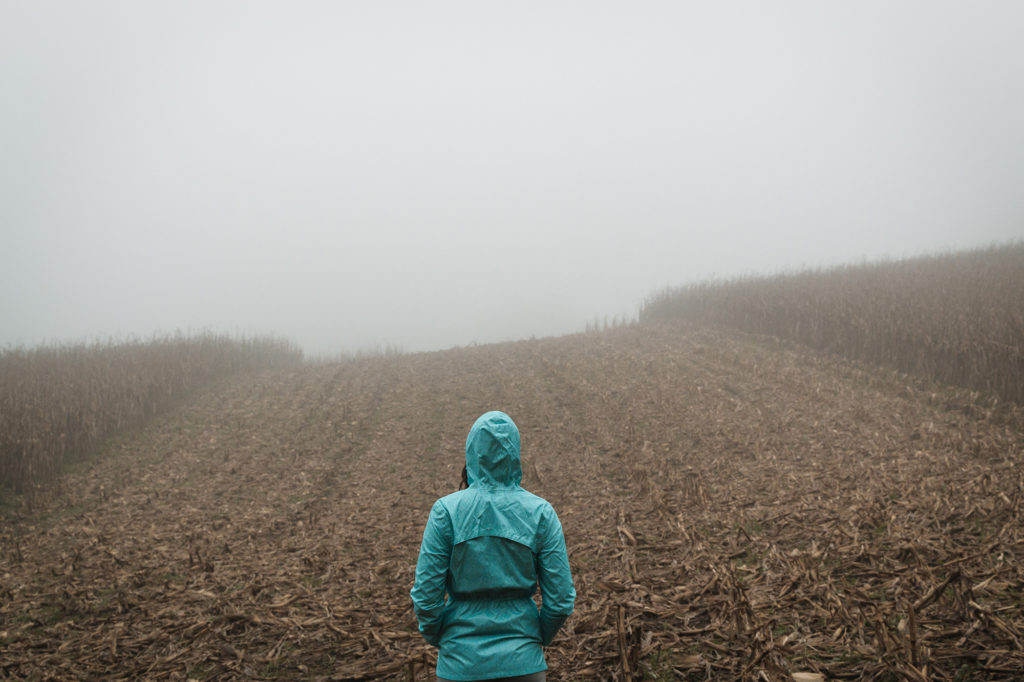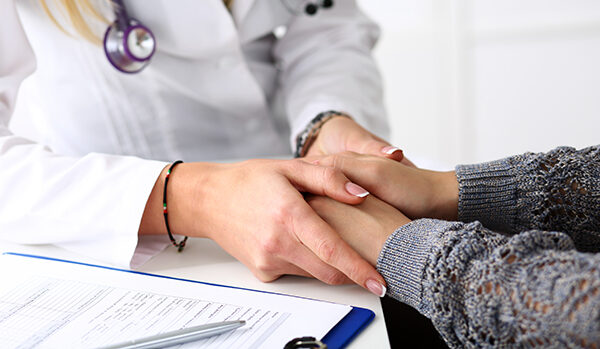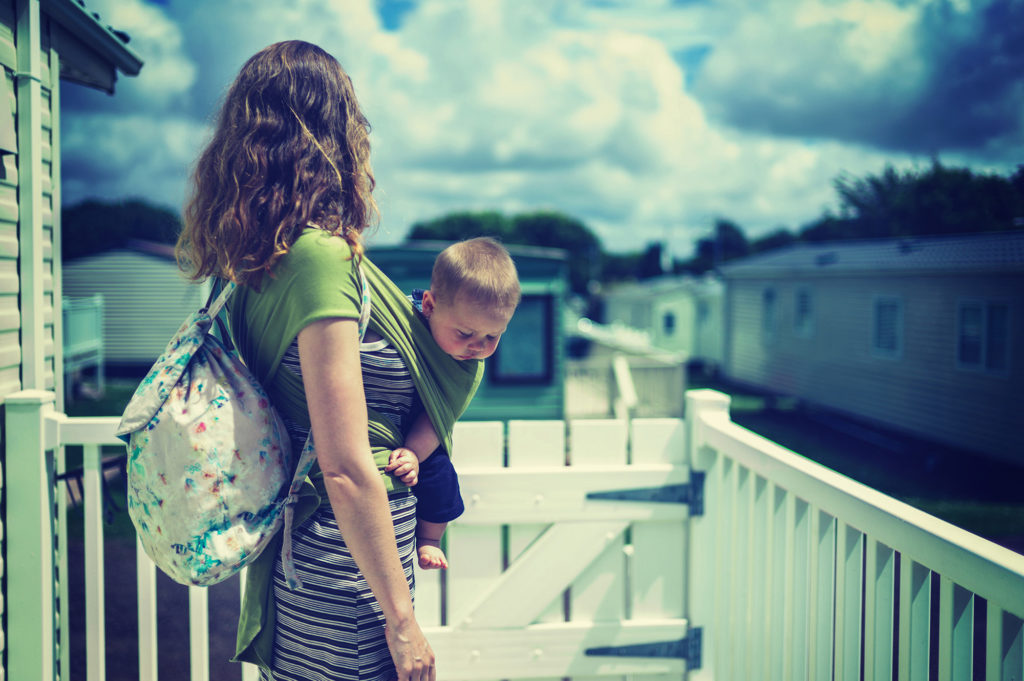
Crime Victims
Hospitals play an important role in the treatment of crime victims. Victims of violent and nonviolent crimes seek mental and physical help for injuries, as well as forensic evidence collection. In addition, hospital employees are all too often victims of crime.
- Under the Compensation of Victims of Violent Crimes Law of 1997, a victim is a person who has suffered serious bodily harm or impairment to one’s health, which is attributed directly to a violent crime, or to an individual who has died as a result of such crime.
- All states and the federal government have passed laws to establish and require a set of victims’ rights, including but not limited to respect, dignity, fairness, privacy, limited involvement in law enforcement, timely information and protection from the accused. Ultimately, victims’ rights depend on the laws of the jurisdiction where the crime is investigated and prosecuted.
Human Trafficking
Human Trafficking Toolkit
MHA convened a group of experts from Missouri hospitals and the Attorney General Office’s Human Trafficking Taskforce to form the Hospital Human Trafficking Taskforce. This group met throughout several months to develop the Human Trafficking Toolkit, as well as 14 online education modules related to trafficking. Hospitals can use the toolkit to formulate multidisciplinary teams to develop policies and procedures for the identification and treatment of trafficking victims. In addition, the on-demand availability of the modules will make the staff education process efficient and cost-effective.
Missouri Legislation
During spring 2018, the Missouri General Assembly addressed the issue of human trafficking by passing House Bill 1246, which requires that posters advertising the national human trafficking website and hotline number to be posted in public places in Missouri, including hotels, places of public transportation, strip clubs, health care facilities and truck stops. The posters must be displayed “in a conspicuous place in or near the bathrooms or near the entrance” of the establishment. To access posters, visit the Missouri Department of Public Safety website.
ICD-19 Codes
Twenty-nine ICD-10 codes are available to allow providers to identify and assist victims of human trafficking, as well as to allow coding professionals to translate that information into data that will provide greater insight into the problem.
Resources
- TJC Quick Safety Bulletin: Identifying Human Trafficking Victims
- National Center for Victims of Crime Website
Hotlines
- Missouri Trafficking Hotline: 1-844-487-0492
- Human Trafficking Hotline: 1-888-3737-888
- TEXT 233733 (BeFree)
Sexual Assault
Missouri Hotlines
Missouri’s Adult Abuse and Neglect Hotline responds to reports of abuse, bullying, neglect and financial exploitation. If you suspect someone is being abused, bullied, neglected or exploited, call the hotline at 800-392-0210. The hotline operates 365 days per year from 7 a.m. to 12 a.m. Hearing-impaired persons may utilize Relay Missouri by calling 1-800-735-2466. Due to the possible need for mandated reporters to report a concern to the Central Registry Unit between the hours of 12 a.m. and 7 a.m. (when the hotline is not in operation), a Mandated Reporter Form is available for use.
The Children’s Division Child Abuse and Neglect Hotline is a toll-free telephone line that is answered seven days a week, 24 hours a day, 365 days a year at 800-392-3738. For hearing and speech impaired, please contact Relay Missouri at 1-800-735-2466/voice or 1-800-735-2966/text phone.
The National Sexual Assault Telephone Hotline is 800-656-HOPE(4673). Callers are routed to a local RAINN affiliate organization.
Sexual Assault Evidence Kit Video
As part of the Missouri Sexual Assault Response Team, the Missouri Coalition Against Domestic Sexual Violence produced a sexual assault evidence kit video. The video includes staff from two of the crime labs and discusses the sexual assault forensic evidence kit.
Intimate Partner Violence Toolkit
The toolkit builds a comprehensive and sustainable response to intimate partner violence and human trafficking in your health center, in partnership with social service organizations.
Clinical Guidelines on Responding to Adolescent Relationship Abuse
This toolkit, designed for clinicians, focuses on the transformative role of the adolescent health care provider in preventing, identifying and addressing adolescent relationship abuse.
Resources
MO Statewide Telehealth Network for Sexual Assault Forensic Examination Webinar
This webinar provides an introduction to a statewide telehealth network for supporting hospitals completing sexual assault forensic exams. Once the network is established, any hospital will be required to complete sexual assault forensic exams 24/7 using the network if they do not have similarly trained staff. This is the first of many communications from the DHSS on their plans and rollout.
Sexual Assault Evidence Kit Video
As part of the Missouri Sexual Assault Response Team, the Missouri Coalition Against Domestic Sexual Violence produced a sexual assault evidence kit video. The video includes staff from two of the crime labs and discusses the sexual assault forensic evidence kit.
Intimate Partner Violence Toolkit
The toolkit builds a comprehensive and sustainable response to intimate partner violence and human trafficking in your health center, in partnership with social service organizations.
Clinical Guidelines on Responding to Adolescent Relationship Abuse
This toolkit, designed for clinicians, focuses on the transformative role of the adolescent health care provider in preventing, identifying and addressing adolescent relationship abuse.
Contact an expert
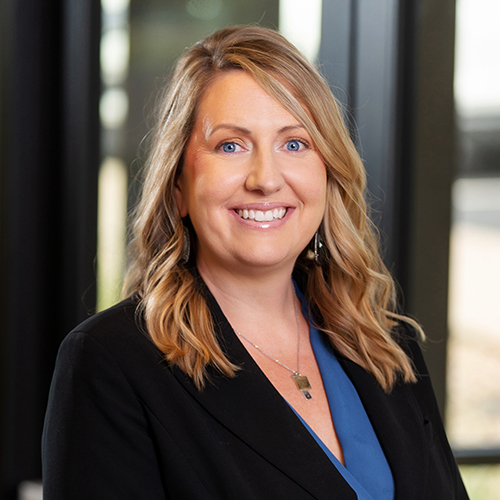
Jackie Gatz
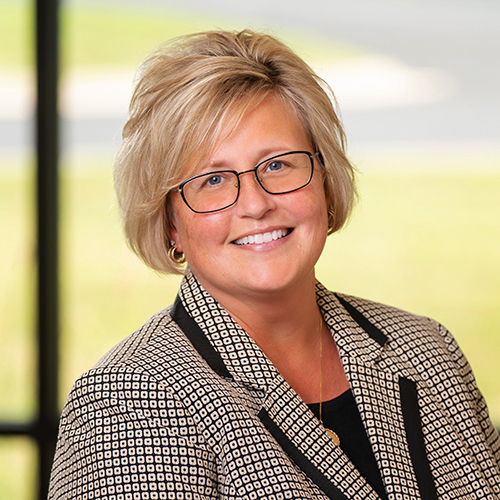
Media Library









